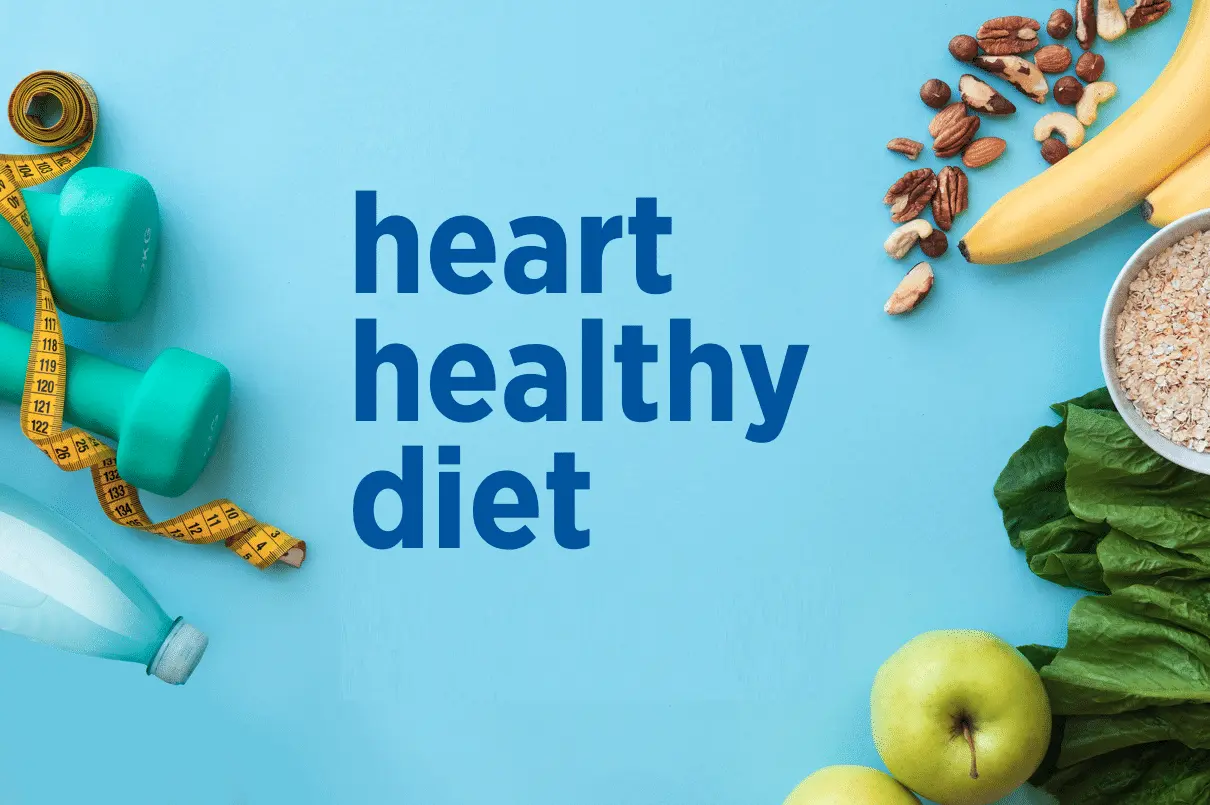If you’re trying to cut back on sugar and calories without giving up soda entirely, Diet Coke might seem like the perfect solution. But beyond its zero-calorie label, what does it really offer—or not offer—from a nutritional standpoint? This comprehensive guide breaks down Diet Coke nutrition facts, explores health implications, and compares it with similar alternatives.

Content
Diet Coke Nutrition Facts
A standard 12 oz (355 ml) can of Diet Coke contains:
- Calories: 0
- Sugar: 0 g
- Carbohydrates: 0 g
- Fat: 0 g
- Protein: 0 g
- Sodium: 40 mg
- Caffeine: 46 mg
- Sweeteners: Aspartame
This minimalist nutrition profile is what makes it popular among those following calorie-controlled or low-sugar diets. However, its simplicity also signals an absence of any beneficial nutrients like vitamins or minerals.
What Is Aspartame and Is It Safe?
Aspartame is a low-calorie sweetener used widely in diet beverages. It’s approximately 200 times sweeter than sugar, meaning only a tiny amount is needed to achieve a sweet taste.
The FDA, EFSA (European Food Safety Authority), and other health agencies have deemed it safe for the general population. However, individuals with phenylketonuria (PKU), a rare genetic disorder, must avoid aspartame due to its phenylalanine content.
Some people report side effects like headaches or digestive upset when consuming aspartame, but most clinical trials have not found conclusive evidence of widespread adverse effects at typical consumption levels.
How Diet Coke Affects Hydration
A common question is whether Diet Coke can be counted toward your daily fluid intake. Since it’s mostly water, it does contribute to hydration. However, its caffeine content (46 mg per 12 oz can) has a mild diuretic effect, which could increase urination in sensitive individuals.
For most people, the caffeine in one or two cans of Diet Coke per day won’t have a significant dehydrating effect. Still, water and unsweetened beverages remain the best options for consistent hydration.
Diet Coke vs. Coke Zero: What’s the Difference?
Both Diet Coke and Coke Zero Sugar are sugar-free, calorie-free sodas, but they’re formulated differently. Coke Zero is made to taste closer to original Coca-Cola, while Diet Coke has a lighter, more crisp flavor. Key differences include:
| Feature | Diet Coke | Coke Zero Sugar |
| Flavor | Lighter, citrusy | Closer to original Coke |
| Sweetener | Aspartame | Aspartame & Acesulfame K |
| Branding Appeal | Legacy brand, older demographics | Appeals to younger drinkers |
| Caffeine (12 oz) | 46 mg | 34 mg |
From a nutrition standpoint, both are nearly identical—zero sugar, zero calories—but offer different taste experiences and slightly different ingredient profiles.
Can Diet Coke Impact Blood Sugar?
Despite its sweet taste, Diet Coke does not raise blood sugar levels, making it a popular option for people with type 2 diabetes or prediabetes. However, some research suggests that frequent consumption of artificially sweetened beverages may be linked to insulin sensitivity changes over time, though findings are mixed and often observational.
For most people with diabetes, Diet Coke is considered a safe sugar-free option, especially when replacing sugary sodas. Always consult a healthcare provider for personalized dietary advice.
How Much Diet Coke Is Too Much?
There’s no official limit on Diet Coke consumption for healthy adults, but moderation is key. The acceptable daily intake (ADI) for aspartame is 50 mg per kg of body weight in the U.S., which equates to about 17 cans of Diet Coke per day for a 150-pound person—far more than most people would drink.
Still, drinking multiple cans per day might expose you to:
- Increased caffeine intake (potential sleep disturbances)
- Taste adaptation toward overly sweet flavors
- Increased consumption of processed ingredients
- Possible gastrointestinal discomfort
For these reasons, limiting your intake to one or two cans a day is generally considered a safer and more balanced approach.
Is Diet Coke Addictive?
While Diet Coke does not contain substances that meet the clinical definition of addiction, many people report strong cravings or habitual consumption. Factors that may contribute to these behaviors include:
- The caffeine content, which stimulates the central nervous system.
- The intense sweetness, which can reinforce taste preferences for sugary foods.
- The fizz and sensory experience, which some people find psychologically satisfying.
If you feel dependent on Diet Coke, consider gradually reducing your intake and replacing it with healthier alternatives like carbonated water with lemon or herbal iced tea.
Better Alternatives to Diet Coke
If you’re looking to reduce or eliminate Diet Coke from your daily routine, here are some sugar-free and caffeine-free options to explore:
- Flavored sparkling water (e.g., LaCroix, Bubly)
- Unsweetened iced herbal teas
- Infused water with cucumber, berries, or citrus
- Coconut water (unsweetened and low-sodium)
- Kombucha (low-sugar varieties)
These options may not mimic the exact taste of Diet Coke but can help retrain your taste buds and support a cleaner, more natural approach to hydration.
Final Thoughts
Understanding Diet Coke nutrition facts can help you decide whether this drink aligns with your health goals. While it delivers on being sugar-free and calorie-free, it lacks any meaningful nutritional benefit and includes artificial ingredients that some people may prefer to avoid.
If you enjoy the taste and use it mindfully, Diet Coke can be part of a balanced lifestyle. But if you’re relying on it multiple times a day or craving it constantly, it might be worth rethinking how much you’re consuming—and exploring healthier, more natural alternatives.
FAQs
Does Diet Coke have any calories or sugar?
No, Diet Coke contains zero calories and zero sugar per serving, making it a popular choice for low-calorie and low-carb diets.
What sweetener is used in Diet Coke?
Diet Coke is sweetened with aspartame, an artificial low-calorie sweetener that’s about 200 times sweeter than sugar.
Is Diet Coke safe to drink every day?
For most people, moderate daily consumption is considered safe. However, high intake may raise concerns about artificial sweeteners and caffeine.

Karen is a health blog author who has been writing about healthy living since 2013. She started her journey by adopting a vegan diet and eating only organic foods, but the more she learned, the more she realized that we should all be eating plant-based diets exclusively. As an expert in nutrition and wellness, Karen blogs to educate readers on how they can live happier and healthier lives through food choices!













